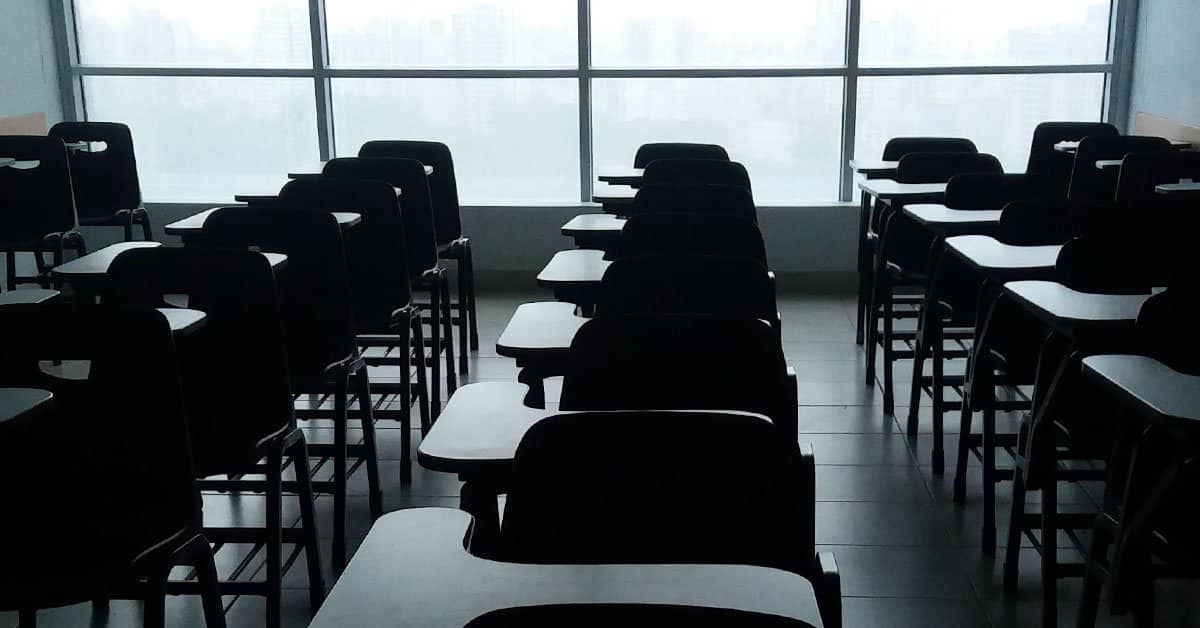With all the uncertainty in the world right now, people want answers they can count on. Schools and childcare services across districts, cities, and states are closing down with no concrete date for reopening. Public services like libraries, museums, and gyms that we often use as supplemental supports are closing their doors in light of the ban on public gatherings, and for a good reason.
Although these measures are meant to keep us safe, they can still cause a significant strain on daily life. Parents are out of work, childcare is back in their hands, and maintaining a routine takes on a new meaning, especially if you have children with special needs.
As educators scramble to find ways to deal with this crisis and to serve families and students as best they can despite the turmoil, the education of students with disabilities must not be forgotten.
How to Talk to Your Kids About Coronavirus
Kids are curious by nature, and it’s a given that they will ask questions. Thankfully, national collectives of both psychologists and nurses have banded together to create a resource sheet for parents with inquisitive children.
Be honest and keep information age-appropriate. Help your charges understand the things that will keep them safe, including proper handwashing and not touching their faces.
Most important of all, remain calm and reassuring at all times.
Taking an Emotional Toll
It is difficult to remain calm in such a state of uncertainty. But remember that kids tend to absorb your stress, so it’s in everyone’s best interests to stay as level-headed as possible. Use stress-reduction techniques like phoning or video chatting with family and friends, keeping up with exercise, writing in a journal, meditating, or creating art.
Encourage your kids to find an outlet that makes them happy as well. Try and maintain a sense of routine. Above all, remind them that you are together as a family and that they are safe and loved.
Children with Special Needs
Children with physical and developmental disabilities are disproportionately affected by the coronavirus. On March 12, 2020, the U.S. Department of Education released new guidance that is specifically tailored to the current health crisis and students with disabilities. The new guidance specifically addresses school closures and moving to other modes of education for students with disabilities.
Although there does not appear to be any clear answers yet, the government is looking into providing special needs education and specialized therapy via phone and internet using video and audio. Allowances for those receiving special education will be offered to keep them going and support ongoing success. It is highly recommended that we all take advantage of these supports as they are available, as maintaining a connection to your learning group will mitigate the sense of social and physical isolation.
As difficult as it is to adjust to the new reality we are facing, we have to remember that it is temporary. We will struggle together and succeed together. Stay connected and informed of new developments regarding your child’s education, access assistance as it becomes available, and use this time to connect more deeply to the ones you love.

































































